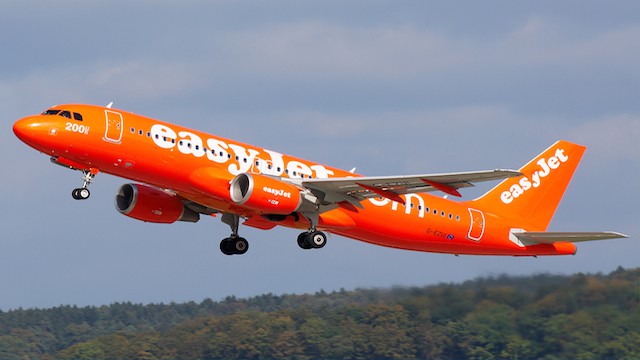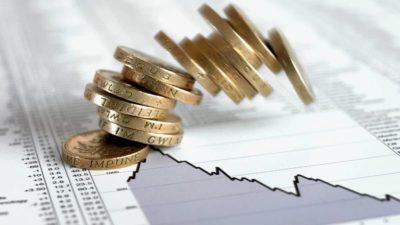It’s perhaps no surprise that the easyJet (LSE: EZJ) share price is struggling for traction again. Sure, this UK airline share is up 40% during the past 12 months. But rising Covid-19 infection rates in recent weeks — and particularly in Britain where cases of the Delta variant have exploded — have dampened enthusiasm for travel stocks like this.
Is the easyJet share price on the cusp of collapsing again? Or will the FTSE 250 flyer take to the skies very soon?
Why easyjet’s share price could sink
There are some clear dangers to the easyJet share price in the near-term and beyond. These include:
#1: Covid-19 travel restrictions worsening. The travel industry received a boost yesterday when the UK government axed quarantine requirements for fully-vaccinated people returning from certain destinations. But soaring infections in parts of Europe are causing lawmakers elsewhere to get jittery again. France has just warned against travel to Portugal and Spain, for example. Fresh action to curb the fast-spreading Delta variant could be days or weeks away.
#2: Fears over easyJet’s debt pile ignite. The prospect that its planes will remain largely grounded is particularly dangerous for easyJet’s share price, given the colossal amounts of debt the company has. Net debt stood at £2bn as of March, up from £467m a year earlier. This UK share could be forced to raise additional capital via share placings, or by raising its debt mountain still further to see out the crisis.
#3: Rising fuel costs. As well as suffering from a severe revenues slump, airlines are also being hit by spiking fuel costs. Brent oil prices have leapt 77% during the past year, to $74.80 per barrel. And they could keep climbing as the economic recovery drains energy supplies.

Longer-term optimism
Clearly, a long and lumpy fightback against Covid-19 is the biggest threat to the easyJet share price. Indeed, it’s possible that the public health emergency could hamper the travel industry for years to come. As my colleague Charlie Keough recently commented, United Airlines boss Scott Kirby suggested that airline activity may not recover to pre-coronavirus levels until 2024.
That said, I buy UK shares on the basis of what returns I can expect to make over a long-term basis. That usually covers a period of at least a decade from when I buy. And provided easyJet can survive the current crisis, things could be looking very good indeed. Not only is the low-cost end of the travel market tipped to be the fastest recovering part of the broader aviation industry. The survivors will also benefit from reduced competitive pressure, given the high number of airline casualties during the Covid-19 crisis.
For the time being, I’m happy to ignore easyJet and its flagging share price. This is due to high amounts of debt the business currently has on its books. I still think it could potentially deliver blockbuster shareholder profits later on this decade.
But the uncertain near-term outlook makes it too risky for my liking.





